Teaching Rising Gen Financial Responsibility Through Overflow
It’s one thing to master living on a tight budget—a skill rooted in survival, creativity, and making the most of limited resources.
But learning to live expansively, on a grand budget?
That’s an entirely different level of mastery, requiring intention, alignment, and stewardship.
Both approaches demand responsibility, but the paths they carve in one’s relationship with money and wealth couldn’t be more different.
For generations, many wealth creators have believed that teaching financial responsibility through restriction was the best way forward.
They’ve handed down lessons of scarcity, instilling a “learn to live with less” mindset in their children, heirs, and inheritors—even when abundance was( and will always be)within reach.
While this method may work in some cases, it often creates unintended consequences: distrust of wealth, fear of large sums of money, hoarding, or even a deep disconnect from abundance.
I believe there’s a better way. ( it’s a methodology I’ve taught many of my clients)
When you have the means, why teach from lack?
Why reinforce a survival mindset in children who will inherit a reality where abundance and wealth is their default?
On a tight budget, the focus is clear: survival, prioritizing needs, and navigating scarcity.
But for most next gens/heirs, this isn’t their reality.
It’s a world they can’t relate to—a lesson taught in shadows instead of light.
On a bigger…grander budget, however, the focus shifts.
Responsibility transforms into stewardship—learning to manage opportunities, align decisions with values, and wield abundance wisely.
It’s not about overly indulging in excess or providing unrestricted access to wealth.
It’s about showing how to thrive in overflow, where choices are intentional and impact-driven.
When individuals are taught responsibility through restriction alone, they often struggle to hold, enjoy, and expand their wealth.
They fear spending, mistrust abundance, and may even sabotage their ability to thrive.
But teaching responsibility through *overflow* offers a new perspective.
It reframes wealth not as something to fear or hoard, but as a tool for creation, impact, and legacy.
With more comes opportunity—but also accountability.
Living expansively isn’t just about spending freely or granting unlimited access to funds.
It’s about cultivating the mindset, values, and habits that align with abundance.
It’s about showing the next generation how to invest, create, and give responsibly.
It’s about teaching them to embody money and wealth without letting it define them.
It’s about thriving in overflow, with confidence and clarity, rather than surviving in scarcity.
True wealth isn’t found solely in what you have—it’s in how you handle it.
If you want to prepare the next generation to not just inherit but expand the legacy of wealth, you must teach them how to thrive in the energy of more than enough.
Because the true test of wealth isn’t in living small—it’s in learning to steward greatness.

